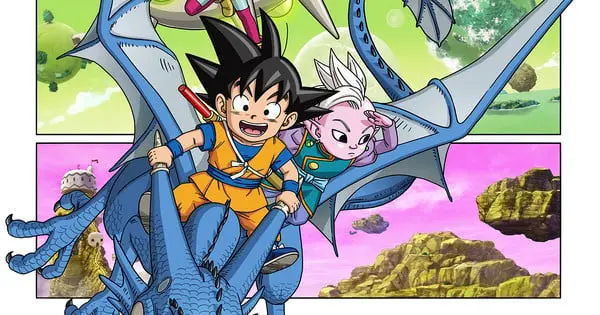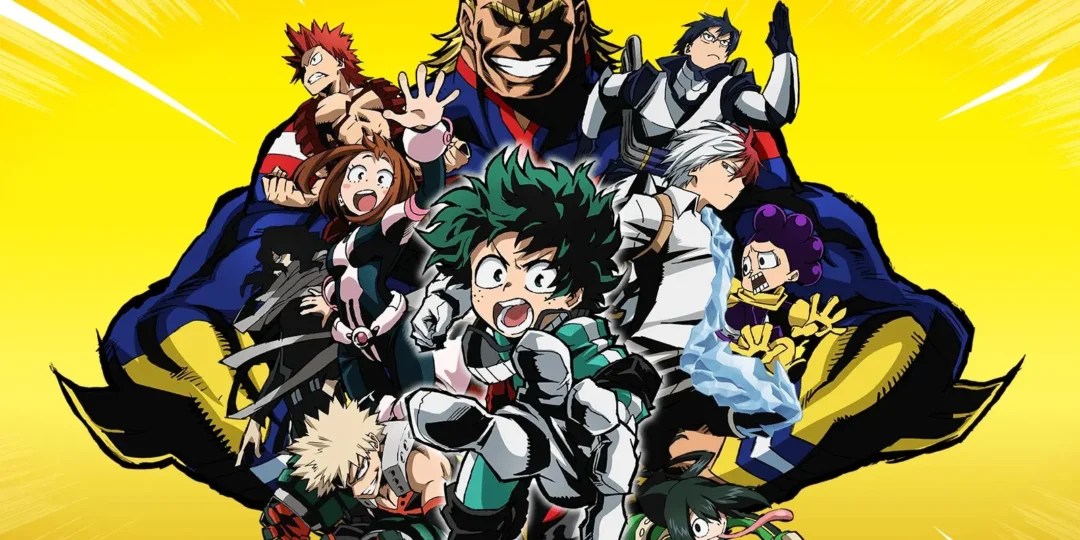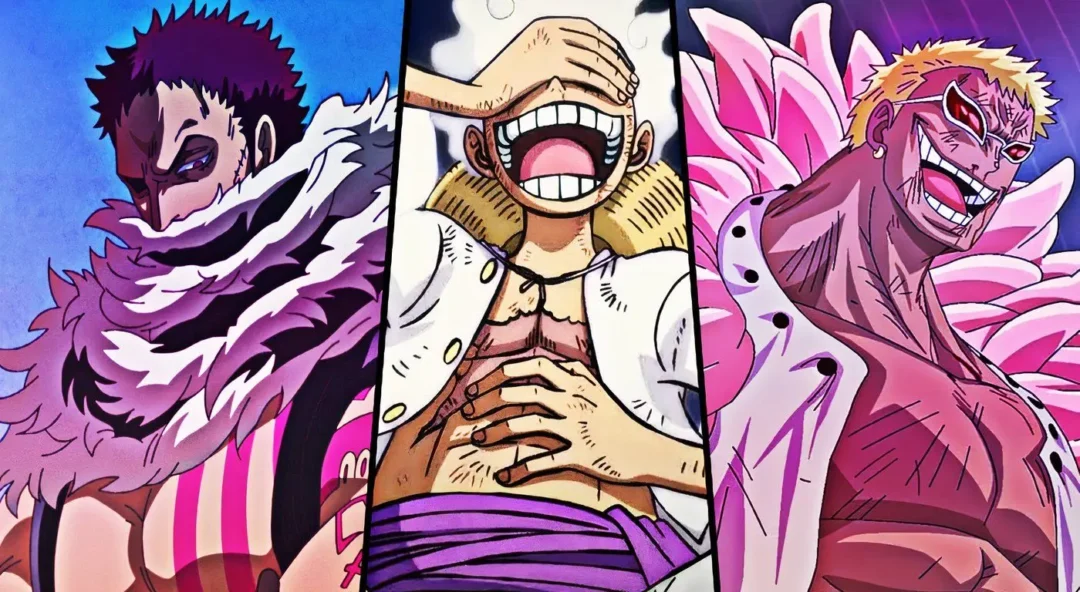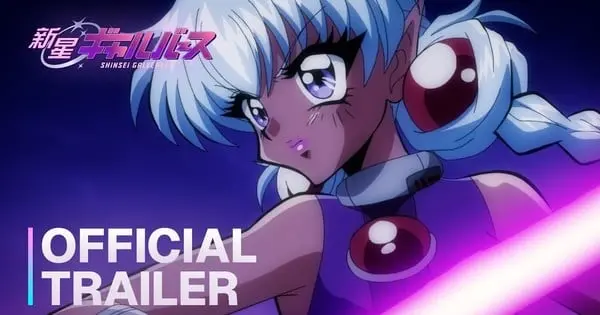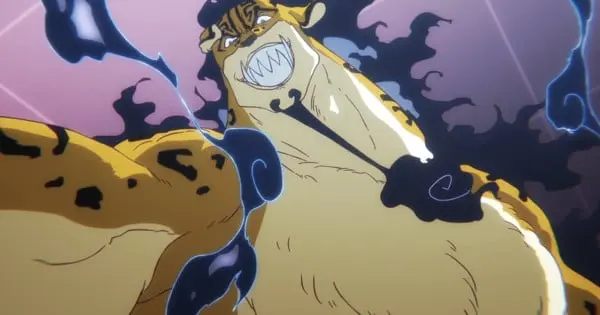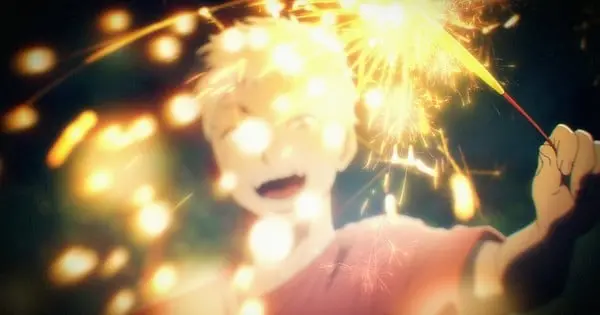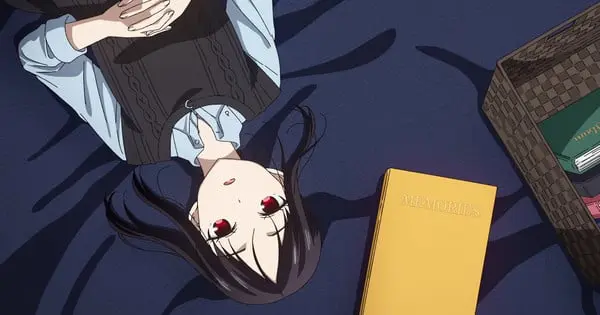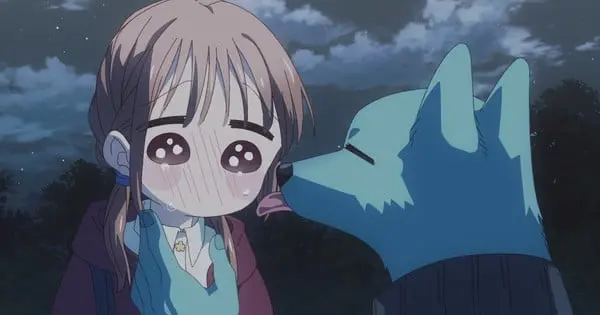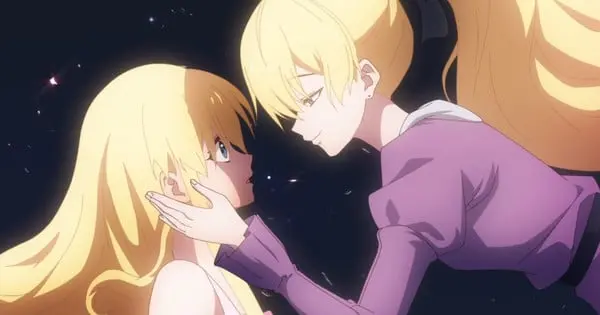The chilling psychological horror series, The Summer Hikaru Died (also known as Hikaru ga Shinda Natsu), continued to unravel its unsettling mysteries in its sixth episode, titled “Asako.” Released on August 9th or 10th, 2025, depending on the region, this installment intensified the tension between Yoshiki and the entity inhabiting his best friend Hikaru’s body, while bringing a new character, Asako, into the spotlight of suspicion and supernatural awareness.
The episode masterfully balances moments of ordinary teenage life with creeping dread, pushing the central conflict of identity and the nature of humanity to the forefront.
Asako’s Unsettling Awareness and the Swampman Paradox
Episode 6 opens with a seemingly innocuous classroom discussion that quickly delves into profound philosophical territory: the “swampman” thought experiment. This discussion, involving Yoshiki, Asako, and Maki, directly parallels Yoshiki’s predicament, as he grapples with whether the being before him is truly his childhood friend Hikaru or an entirely different entity that merely adopted his form. Yoshiki subtly probes his friends’ opinions on what constitutes a “person” and whether a perfect copy can be considered the same as the original.
A central figure in this episode is Asako Yamagishi, a classmate who has always possessed a heightened sensitivity to the supernatural. Viewers are given a flashback to Asako’s childhood, revealing her ability to hear strange sounds and her grandmother’s explanation that the worlds of the living and the dead often overlap, with spirits not always being inherently malevolent. This background establishes Asako as a character uniquely positioned to perceive the unsettling truth about “Hikaru.”
The Confrontation and “Hikaru’s” True Nature
The episode builds towards a climactic moment during a sleepover at Hikaru’s house, attended by Yoshiki, Asako, Maki, and Yuki Tadokoro. While the friends enjoy a seemingly peaceful time, including lighting fireworks, Asako seizes an opportunity to speak with “Hikaru” alone. She directly confronts him, asking the pivotal question: “Who are you?”
This direct query causes “Hikaru” to panic, and his true, unsettling form begins to manifest, putting Asako in immediate danger. Yoshiki intervenes just in time, breaking the tension, and Asako subsequently faints from the encounter. Upon regaining consciousness, Asako reveals her long-held suspicion: she believes “Hikaru” is possessed by a ghost. While she doesn’t realize the original Hikaru is dead, her theory provides a temporary shield for the entity, who is relieved not to be fully exposed.
However, the encounter creates a significant rift between “Hikaru” and Yoshiki. “Hikaru” expresses a disturbing philosophy, stating that there is little fundamental difference between life and death. When pressed by Yoshiki about whether he has killed anyone, particularly the neighborhood lady Ms. Matsuura, “Hikaru’s” silence strongly implies his culpability, horrifying Yoshiki. This revelation confirms Yoshiki’s growing fear that the entity, despite its attachment to him, possesses a malevolent and inhuman side.
Themes of Identity and Danger
“The Summer Hikaru Died – Episode 6” significantly deepens the series’ exploration of identity and the inherent dangers lurking beneath the surface of the familiar. The entity posing as Hikaru faces an identity crisis of its own, unsure if its feelings and desire to keep Yoshiki safe are its own or merely lingering memories and wishes of the original Hikaru. This internal conflict within “Hikaru,” coupled with Asako’s confirmed supernatural abilities, suggests that the true nature of the entity and its origins will continue to be a central mystery.
The episode serves as a stark reminder for both Yoshiki and the audience of “Hikaru’s” potentially dangerous nature, emphasizing that his inability to comprehend the value of life could put the entire village at risk if it means preserving his bond with Yoshiki. This installment expertly balances suspense with critical character development, further cementing The Summer Hikaru Died‘s reputation as a captivating blend of supernatural horror and profound psychological drama.

